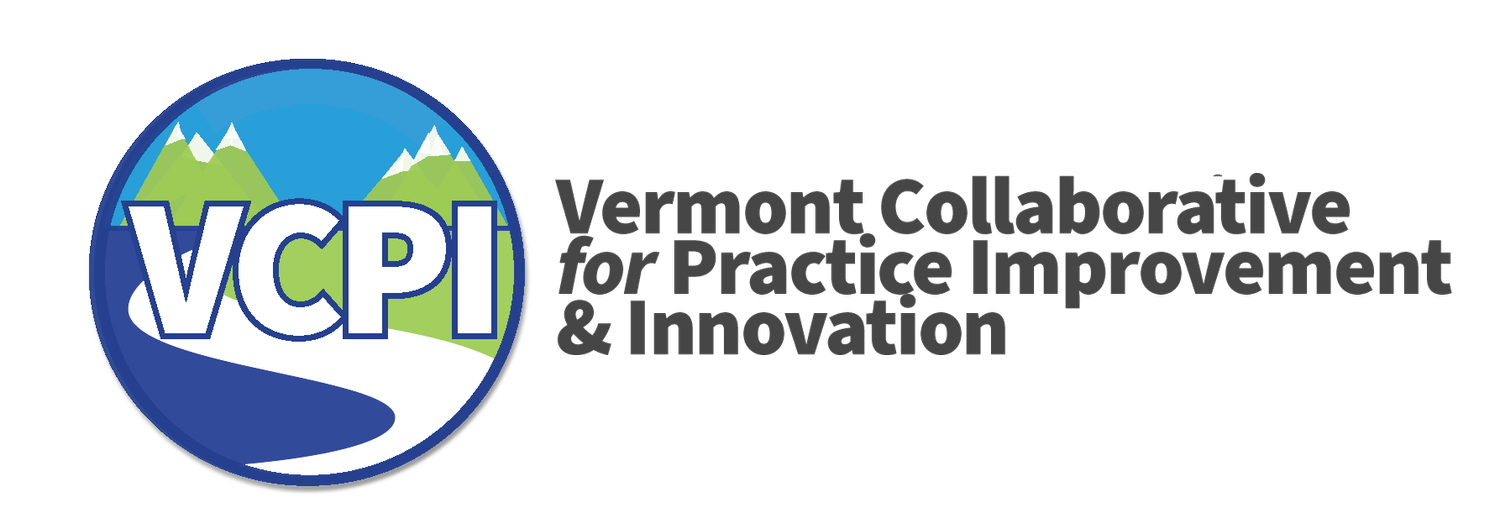If you are an educator, healer, mental health provider, or in another helping profession, climate anxiety has most likely entered your office or classroom.
How do you face these complex and emotionally charged conversations about climate change that fall beyond your training and scope of expertise?
How do you create climate conversations that are generative - not overly positive, but realistic and empowering?
How do you maintain your composure when you share the same overwhelming feelings as those you are trying to help?
As caring professionals, we are not climate scientists, we don’t need to engage in confrontation or political debates, we don’t need to tell people what to do, give answers or solutions, and we don’t have to fall into a spiral of despair with our clients, patients or students when discussions of catastrophic scenarios arise. We don’t have to drive major change. The biggest impact we can have is to be in genuine conversations, one-on-one or in small groups, and to serve as guides for deeper personal transformation, because inner and outer work are undeniably connected.
In this free workshop, we will explore tools to better equip practitioners to handle climate conversations. You will learn practices that can not only help the audience you serve, but also support you with your own experience. Join us on April 25 from 10-11am via Zoom.
Developing emotional intelligence, reframing, harnessing the power of language, embracing a prototyping mindset, building on strengths and exploring values, flow, mindfulness and intuition… These are a few of the tools that you will learn to use to help transform climate anxiety into climate resilience.
Learning Objectives
To raise awareness about climate anxiety, eco grief, and solastalgia
To highlight Positive Psychology, Appreciative Inquiry, Positive Intelligence, and other strengths-based approaches and how they can be applied to environmental mental health
To bring together various helping professions to learn from and support one another
To demonstrate some tools to shift from climate anxiety to climate resilience
To review a more in-depth 12-week program
About the Facilitator
Alexandra Arnold, MSPsych, ACC, is an ICF-accredited Climate Resilience Coach and Consultant. She has trained with Climate Change Coaches, is a member of the Climate Coaching Alliance, and participates in the She Changes Climate mentoring program. She holds a MS in Organizational Psychology from SNHU and a MS in Human Relations and Positive Organization Development from Champlain College. She has been a regular contributor and sits on the Editorial Board of the The International Journal of Appreciative Inquiry. She is also the Executive Consultant of the Taos Institute, a nonprofit educational organization promoting social constructionist, relational, and appreciative theory and practices. She is particularly drawn to helping people with High Sensory Sensitivity (HSPs), introverts and empaths navigate climate change. She lives in Montpelier, VT with her teen son and dog and loves biking, swimming in rivers, cross-country skiing, painting and spending time with horses. Find out more at www.almacoaching.org or email almacoachingusa@gmail.com.
